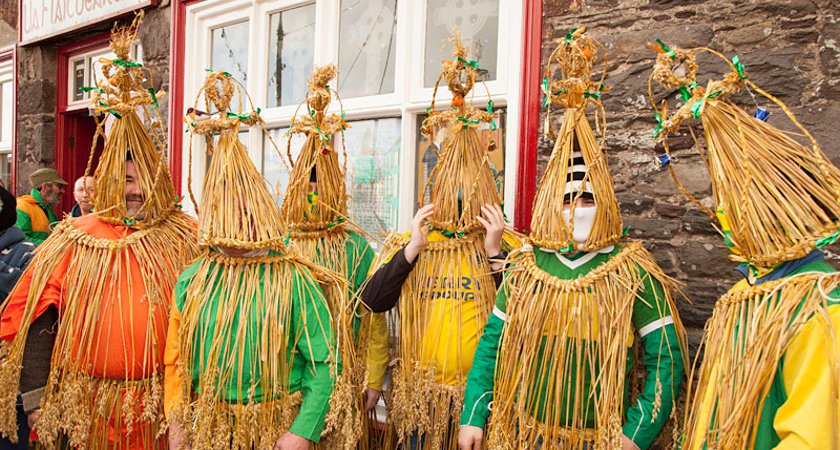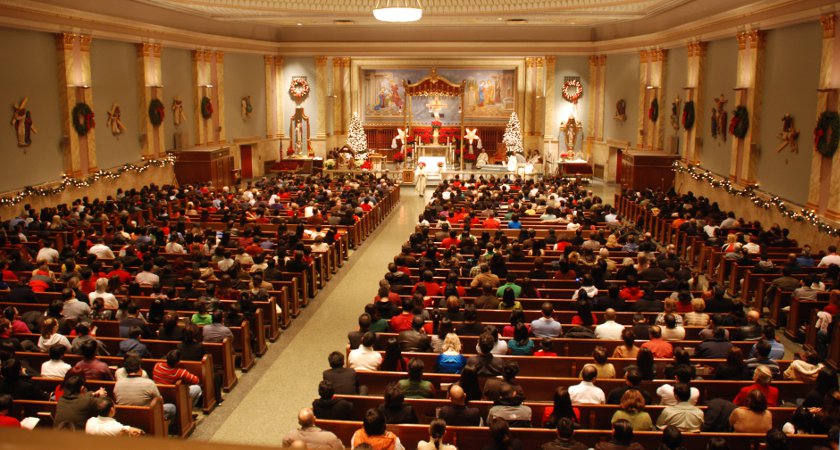CHRISTMAS all over the world is about spending time with your loved ones - and Ireland is no different.
But, like everything Irish, we also have our own little quirks that make the festive period special on Irish shores.
From an invasion of “culchies” into the big cities to carrying a dead wren from house to house, these are Ireland’s festive traditions.
Some are still going strong and some have started to wane – but regardless, they tell an interesting story of Christmas in Ireland.
Here are our favourite Irish Christmas traditions...
1. Culchie Day
December 8 has always been the traditional date that rural dwellers, like me, would make their way to the bigger Irish cities to do the Christmas shopping. Little did we know, the city dwellers in Dublin and Cork had dubbed us “culchies” and it became known as Culchie Day, when every shop in Dublin was invaded by country people eager to get all of the Christmas shopping done in a day.
2. Wren Day
On December 26, still sleepy from too much turkey, Irish kids in certain parts of the country take part in a tradition that’s dying out. But in the likes of Dingle, Co. Kerry, Wren Day is still alive. Children “go on the wren” the day after Christmas. In the past, this bizarre traditional activity involved hunting and killing a wren and carrying it around to the neighbouring houses for a few pennies. Now, people tend to dress up in old clothes and some straw costumes - and luckily, the lives of the wrens are preserved. A branch of holly or a homemade wren is used instead.
3. Women’s Little Christmas
Everyone knows there are 12 days of Christmas - but a lesser known event happens on the 12th day. On January 6 every year, after slaving over the cooker and cleaning up after those mouth-watering dinners for a full household, Women’s Christmas is 'Mammy’s day off'. This means all of the men get involved in housework for the day, while the women sit back and put their feet up or go out with their friends. Of course, the modern man (well most of us) help out all year 'round.
4. Boxing Day/St Stephen’s Day
In Ireland, we call it St Stephen’s Day; in Britain they call it Boxing Day. The reason? Well, every December 26 in Britain, once the furore of the presents and food had died down, it was tradition to put together a box of tokens of kindness for postmen, binmen and, in times gone by, servants. Nowadays, St Stephen's Day is the day that particularly brave Irish people trawl through the shops when the sales begin.
5. Midnight Mass
In years gone by, Christmas Eve midnight mass was a popular option for Irish families. These days, the “midnight” mass is more commonly held earlier in the evening, so that kids can be in bed before Santa arrives (and so no adults rocked up drunk). Even so, most people still say they're going to midnight mass. It wouldn’t be an Irish Christmas without going to your local church for this occasion. And it's usually the only time of the year the church is full.



